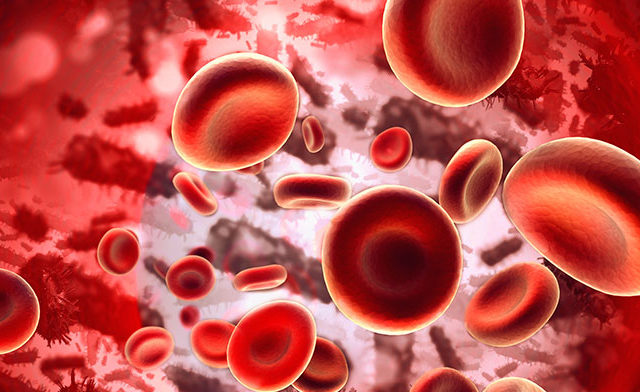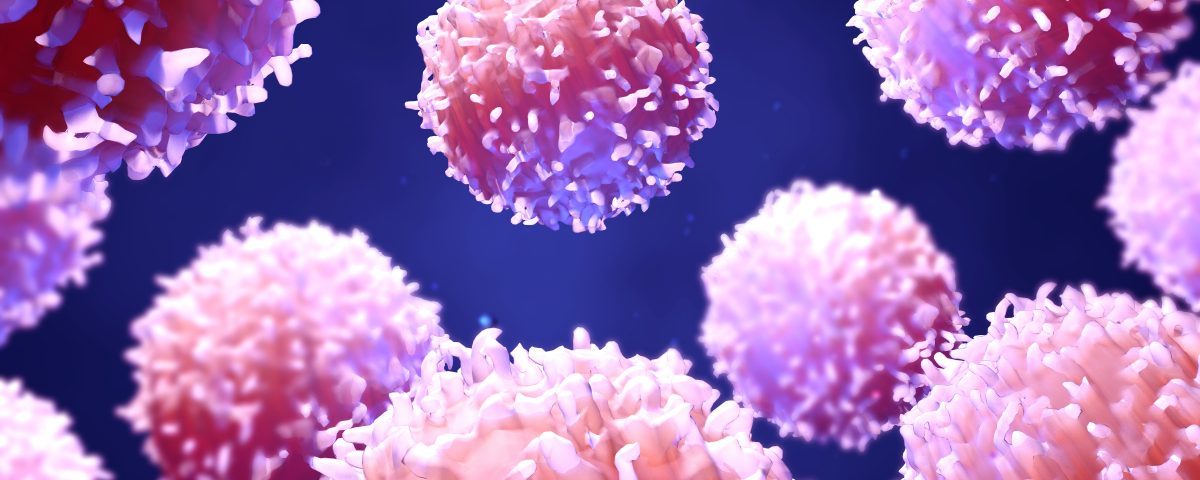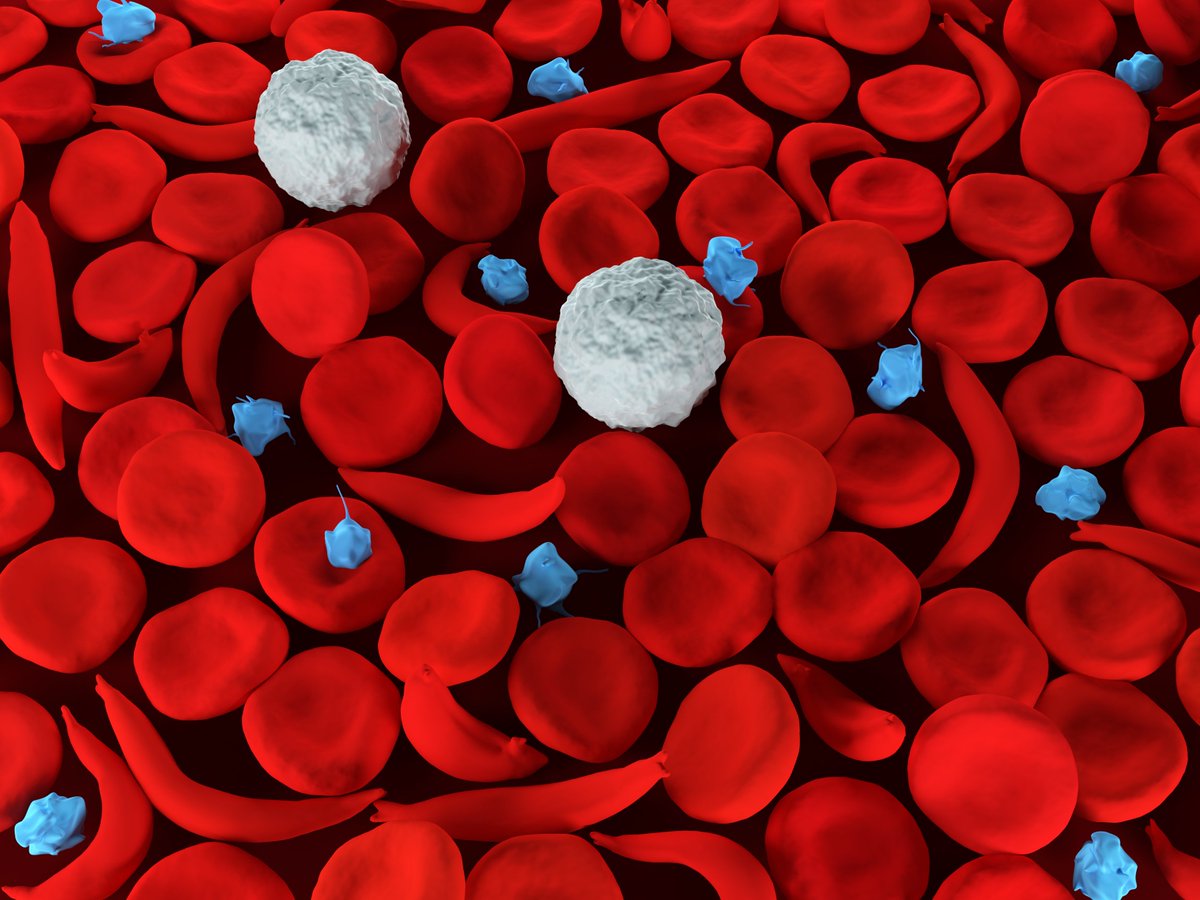Different components of consideration regarded to be basic to ideal consideration were distinguished by patients with hematologic cancers in a study published in Supportive Care in Cancer.
Patients with hematologic cancers experience both physical and psychologic adverse occasions (eg, fatigue, nausea, depression, anxiety), which negatively contribute to overall quality of life (QOL) and health-related quality of life (HRQOL).
For this cross-sectional study, scientists reviewed 170 patients with hematologic cancers to figure out what components of cancer care patients saw as the most pivotal to receiving what they saw as ideal consideration. The review gathered demographic data, disease characteristics, and patient perceptions of ideal consideration; qualified patients finished a survey at time of consent and got a second overview a month later.
All announcements exhibited in the review were viewed as basic by most of patients, however the capacity to share exact data in regards to their disease, treatment, and progressing care with their general practitioner (GP)/family doctor was viewed as the most fundamental by the most noteworthy percentage of patients (49%).
Different things regarded significant by more than 33% of surveyed patients were the capacity to access up-to-date data specific to their situation (43%), capacity to get detailed data (34%), capacity to call a healthcare professional at their treatment center (34%), and capacity to call a healthcare professional who is learned of their treatment and disease (34%).
The creators reasoned that “further research is needed to identify effective strategies for meeting these preferences and determine the associated impact on quality of care and cancer outcomes.”




